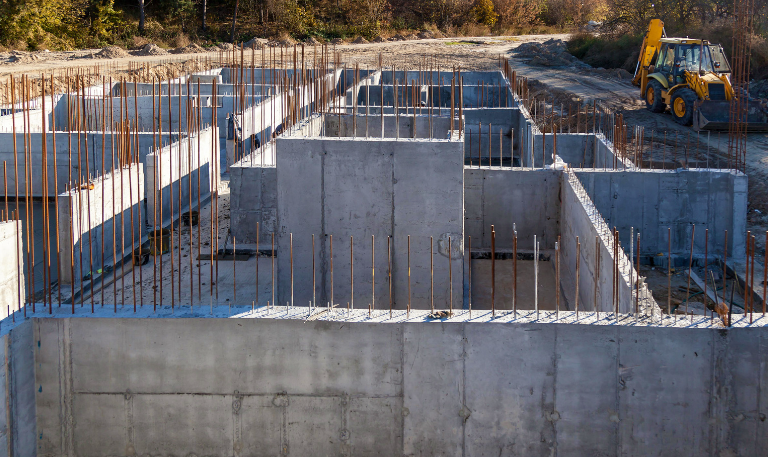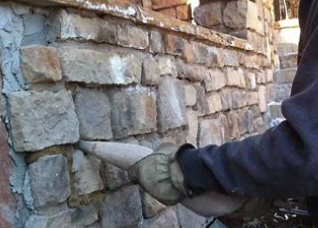Gravel Vs. Limestone – What’s The Difference?
Both limestone and gravel are adaptable stone materials used for a variety of purposes. Additionally, these materials can have different results on your building project. If you are unsure about what they are, you have come to the right place. We are here to tell you all you need to know regarding these two materials.
What Exactly is Gravel?
The term “gravel” refers to a combination of stones or pebbles that have been broken apart, rather than single pieces of rock. Gravel can be found naturally or manufactured. Naturally, it is found close to water sources (e.g. lakes and rivers). Any loose rock fragment smaller than 1/16 in (2 mm) in diameter can be regarded as gravel. There are various kinds of gravel, such as river jack, rip rap, pea gravel, among others, and they are typically characterized by size and shape.
What Exactly is Limestone?
In contrast to gravel, limestone is a single type of rock. One of the rock types that can be incorporated into gravel is limestone. It is primarily made of calcium carbonate, which is derived from long-gone marine organisms like coral and shellfish. The sizes range from large-cut flat pavers (24″ x 36″) to crushed limestone, which contains tiny stones of various sizes that resemble gravel.
The Pros of Using Limestone and Gravel
In terms of the benefits they provide, it depends greatly on what you are trying to do with them. As previously stated, gravel and limestone are versatile products that are popular among landscapers and contractors worldwide. Limestone is one of the most widely available rocks on the planet, and it is readily available in garden centers and hardware stores. Similarly, gravel can be found in large quantities. Due to the angularity of the crushed limestone, it locks into place after placement to provide a more secure and low-maintenance road or walkway. On the other hand, gravel is a larger spherical particle that shifts about when a foot or vehicle is on it. Regular raking of the gravel into place is helpful to keep gravel looking neat and visually appealing.
As common materials, both are very affordable. Due to their excellent drainage purposes, they are frequently used in gardens and pathways to manage rainwater.
Which Is Superior: Gravel or Limestone?
Both materials ultimately complete the same tasks to the same high standard. They are strong, versatile, and simple to place. When you make a decision, you might want to consider factors such as cost and accessibility of both products in your area. If these are not concerns of yours, the choice may come down to which you think looks better.
Choose Gravel or Limestone from Ernest Maier
Ernest Maier satisfies all criteria for a premier stone supplier. We offer practical solutions to satisfy the demands of homeowners, architects, designers, and builders. As a company that has established itself as the largest and most reputable masonry block producer, we cover the whole mid-Atlantic area. We also have a combined expertise of almost a century, so we know what is best for you. Lastly, we have a team of educated professionals ready to help you with any need you may have. Contact us for more details today!
Latest News

4 Ways To Reinforce Concrete
Concrete is one of the most fundamental materials used in construction. If you’re working on a domestic project or a […]

The Environmental Benefits Of Using Ready-Mix Concrete
The construction industry is changing quickly to meet the growing demand for sustainability and eco-friendly practices. One of the most […]

6 Essential Tips For Grouting Stone Veneer
Grouting stone veneer is an important step in the installation process that can significantly impact the overall look and durability […]

Should You Fill Hollow Concrete Blocks?
Hollow concrete blocks are widely used in construction due to their strength, versatility, and lighter weight compared to solid blocks. […]
